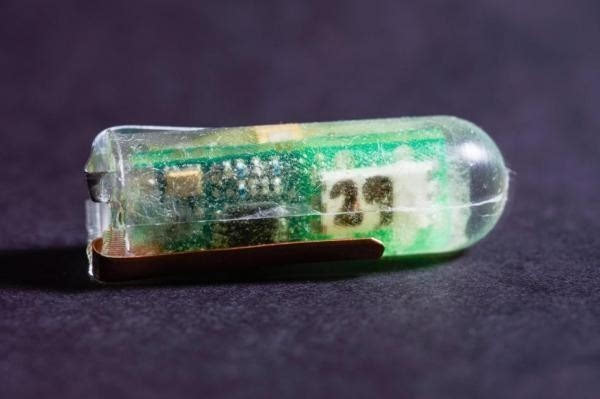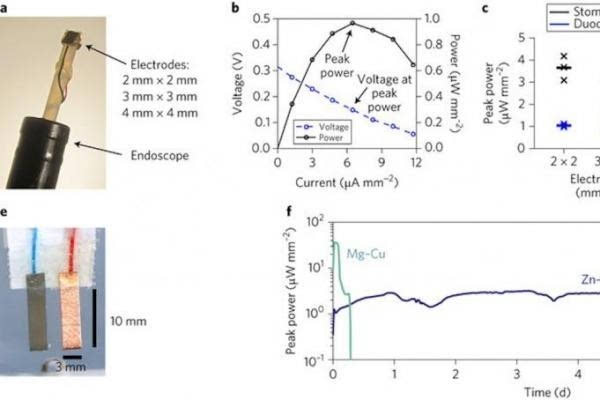New medical power supply can solve the problem of gastric acid power generation
With the development of medical science and technology, it has become a trend to implant some medical devices in vivo to help people treat some patients or replace some organ functions. But when implanting devices, there will always be some worries, such as battery life, because many medical devices are driven by batteries, but there are some aspects of battery life and safety in traditional medical devices. The problem of replacement is also very troublesome. But there seems to be no need to worry about it.
Researchers at the Massachusetts Institute of Technology and the Bragan Women's Hospital in the United States have developed a new type of battery for medical use, which can be powered by gastric acid and generate enough electricity to run some micro-sensors or drug delivery devices.
The prototype of the battery is like a capsule, 12mm in diameter and 40mm in height. Researchers say it may be smaller in the future. This new type of battery is safer and cheaper, and it is expected to be a substitute for the battery used in sensor or drug delivery equipment in vivo.

It is reported that the design of the battery was inspired by the lemon battery. We have all learned in elementary school science lessons that lemon batteries can generate electric current by inserting galvanized screw and copper sheet into lemon, using hydrogen ions in citric acid. In this new battery, researchers have used a similar method to place zinc and copper electrodes on the surface of a miniature commercial temperature sensor. Zinc releases ions into the gastric juice, using a gastric acid drive circuit to generate enough energy to drive the sensor and a 900 MHz transmitter.



